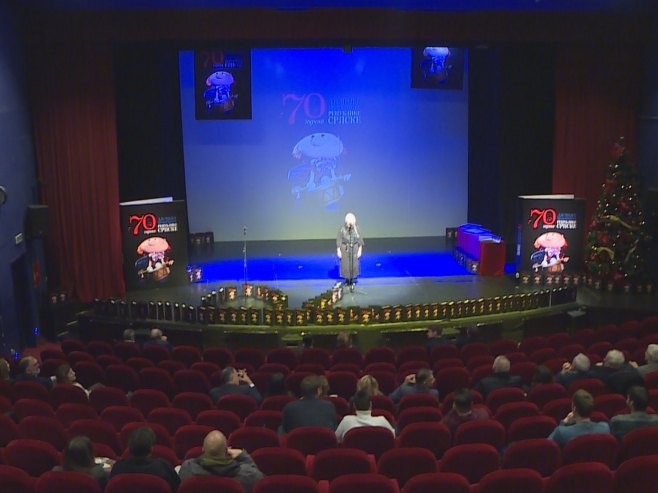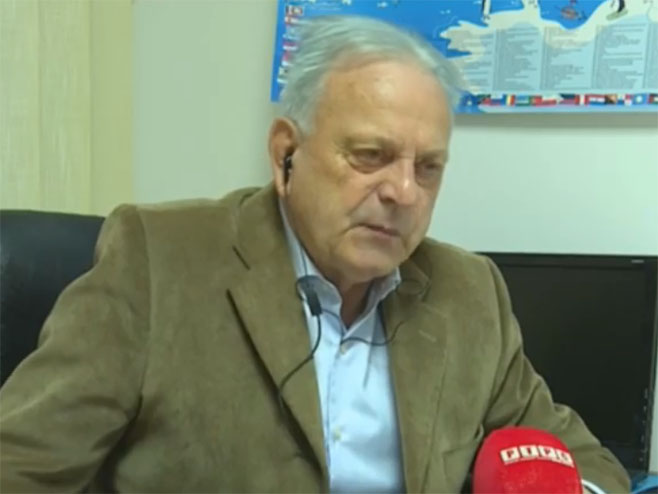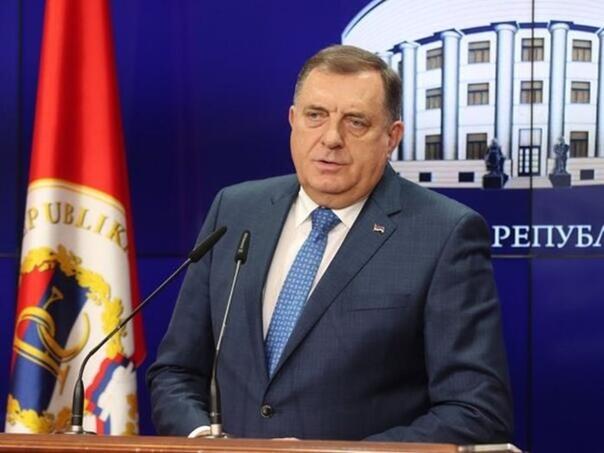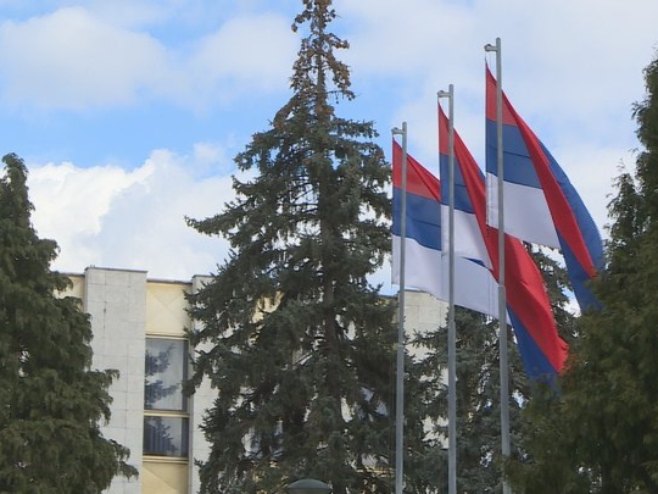Senator of Republika Srpska Stevo Pašalić stated that the scenario of overthrowing officials elected by the people is a precedent that must not be accepted in RS, and emphasized that Serb unity is now necessary.
Pašalić stressed that this concerns the institution of the president of Republika Srpska, while also expressing his support for Milorad Dodik as an individual, without any ambiguity.
- Particularly, we are all concerned about our divisions on the political scene of Republika Srpska, and it will be a great loss if we fail to achieve the necessary unity in such circumstances; this is more important than any individual position or person, Pašalić stated.
He considers potential early elections for the president of Republika Srpska unnecessary and meaningless.
- Republika Srpska elected its president in 2022, and his mandate lasts until the next regular elections in 2026, regardless of his name or political party, Pašalić emphasized.
DODIK RULING OPENS DANGEROUS SPACE FOR UNDERMINING REGIONAL PEACE
The RS senator pointed out that the decision of the Appellate Panel of the BiH Court to confirm the first-instance conviction of Republika Srpska President Milorad Dodik in a case related to the alleged non-compliance with the “High Representative” constitutes a step with serious political and security consequences.
- This ruling not only undermines the constitutional position of one of the legitimately elected officials of an entity within the complex state structure of BiH, but also opens a dangerous space for new tensions, destabilization, and undermining peace in the region, Pašalić warned.
He noted that the case against President Dodik was based on his decision not to apply the provisions of Christian Schmidt, whose legitimacy is disputed not only within RS institutions but also on a broader legal-political level.
- The resulting ruling, however, cannot be seen as an isolated judicial act. On the contrary, it acts as part of a broader political instrument to discipline disobedient and legally elected representatives of a people in BiH, Pašalić assessed.
The senator emphasized that such a move can also be interpreted as an attempt to influence internal political processes in RS through the judiciary and to create an atmosphere of fear, pressure, and legal uncertainty.
PATH OF LEGAL ARBITRARINESS, NOT DEMOCRACY AND RULE OF LAW
- Particularly concerning is that the ruling comes at a time of increased regional tensions and more frequent external interventions in the internal affairs of Western Balkan countries, Pašalić noted.
According to him, experience shows that such actions do not resolve problems but deepen conflicts, radicalize positions, and threaten the fragile institutional balances established after the Dayton Peace Agreement.
- Instead of being a stabilizing factor, the judiciary in BiH, especially in Sarajevo, with this ruling sends the message that it does not accept dialogue and agreement within the framework of entity and BiH institutions, but that decisions can be imposed without political consensus. This is the path to legal arbitrariness, not democracy and rule of law, Pašalić emphasized.
He indicated that the ultimate legal responsibility for such decisions does not lie solely within the BiH Court but also with international actors who support or tacitly approve such processes.
- If the goal of justice is peace and stability, then the question arises—who and why wants to jeopardize them with such rulings? The answer will determine the future political course not only in RS and BiH but throughout the region, Pašalić stated.
CASE SHOWS EVIDENT PENETRATION OF POLITICS INTO LEGAL SPHERE
Pašalić highlighted the clear strong penetration of politics into the legal sphere, noting that it is evidently very difficult to fight politics in BiH with legal means.
- Why is political struggle stronger than legal arguments in a country like BiH? It has turned out that in every final instance, politics has always been stronger than law. But when it reaches the European Court, it is almost certain that all these flawed decisions will be annulled, Pašalić, who is also a university professor, assessed.
He emphasized that Western countries, or as he refers to them, “foreigners,” are working strongly to restructure BiH, outside the Dayton Agreement, which granted significant powers to RS.
- The current situation indicates that we have a so-called unfinished state of BiH, Pašalić added.
Pašalić stated that he is not surprised by the positions of “foreigners,” given his experience in processes at the Hague Tribunal, where he participated for years as a demographic expert in numerous cases.
- At that time, I realized that without solid arguments and evidence, it is difficult to overturn some of their positions and data, which are full of numerous absurdities and inaccuracies, Pašalić said.
Source: RTRS









